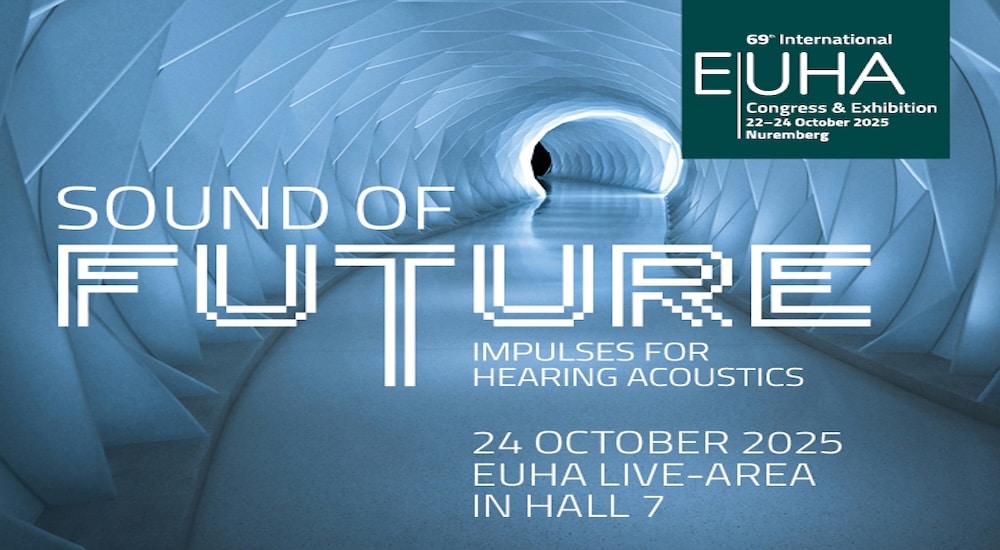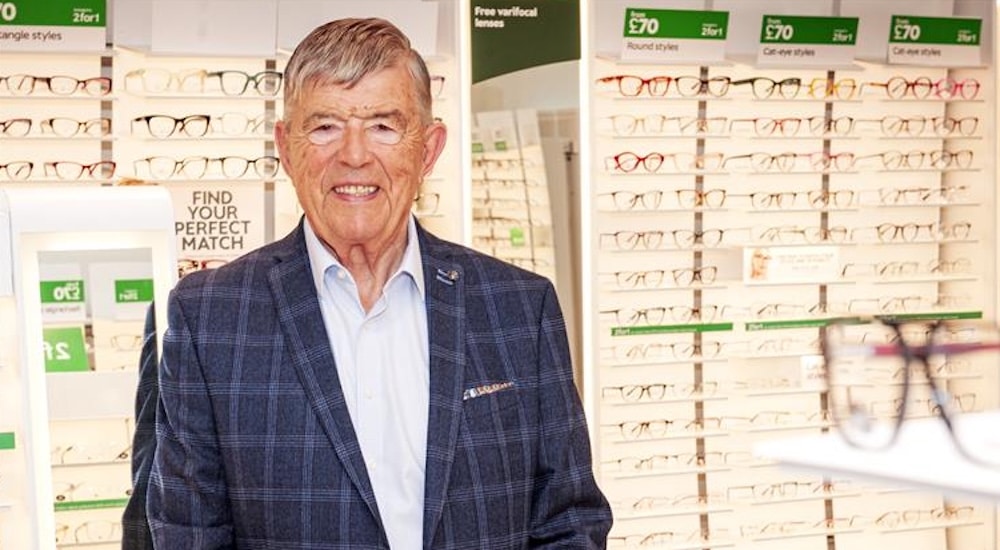Predictions for 2031: José Luis Fernández. The power of phone tech
Future of audiolOgy: 2031
The smartphone is already a medium for many kinds of lifestyle and health purposes, but another decade will see the hearing aid becoming part of our phones, says our sixth expert to predict the audiology panorama to come in 2031.

Award-winning hearing journalist José Luis Fernández, editor of our Spanish print edition, Audio Infos, and digital portal Audioenportada, also envisions direct involvement in hearing technology by the makers of phones. The need for personalisation, however, will ensure that the hearing care professional still has a role ten years from now.
José-Luis Fernández, editor-in-chief, Audio Infos Spain
Although this involves a wide timespan during which many other things might change in people’s daily lives, it seems to me that the mobile phone could play a leading role in the audiology sphere, as in many others.
We shall see the continuance of the trend of recent years whereby these communication devices integrate other accessories and tools of use in our lives, and I would go so far as to predict that the hearing aid—or a basic version of this device—could come to form part of the phone, being offered as another extra in certain top-of-the-range models.
Some kind of support attached to the ear will clearly always be needed for the signal to reach the ear, but this could get smaller and smaller as more functions are located in the phone thanks to wireless data transfer technology.
Going further…mobile phone giants (Samsung, Apple, Xioami,…) may well be lured closer to the audiology sector by population ageing and the higher percentage of presbyacusis. I’m not sure if they will take over hearing aid manufacturers or reach partnership deals to share production.
Whatever happens, the role of the audiologist as a professional who assists the user with this technology will always hold good, because however much automation is offered by new generations of hearing aids, the difficulty of many individual and atypical cases makes professional support indispensable. Getting the best from these hearing devices will always be an à la carte affair, personalised for each individual, and they cannot be adjusted properly by someone who just buys a product from the internet and watches a YouTube video.
What remains to be seen is whether the audiologist will have the status of an independent or will gradually be drawn up into the structure of their provider, the manufacturer.
Source: Audiology Worldnews EUHA special 2021



